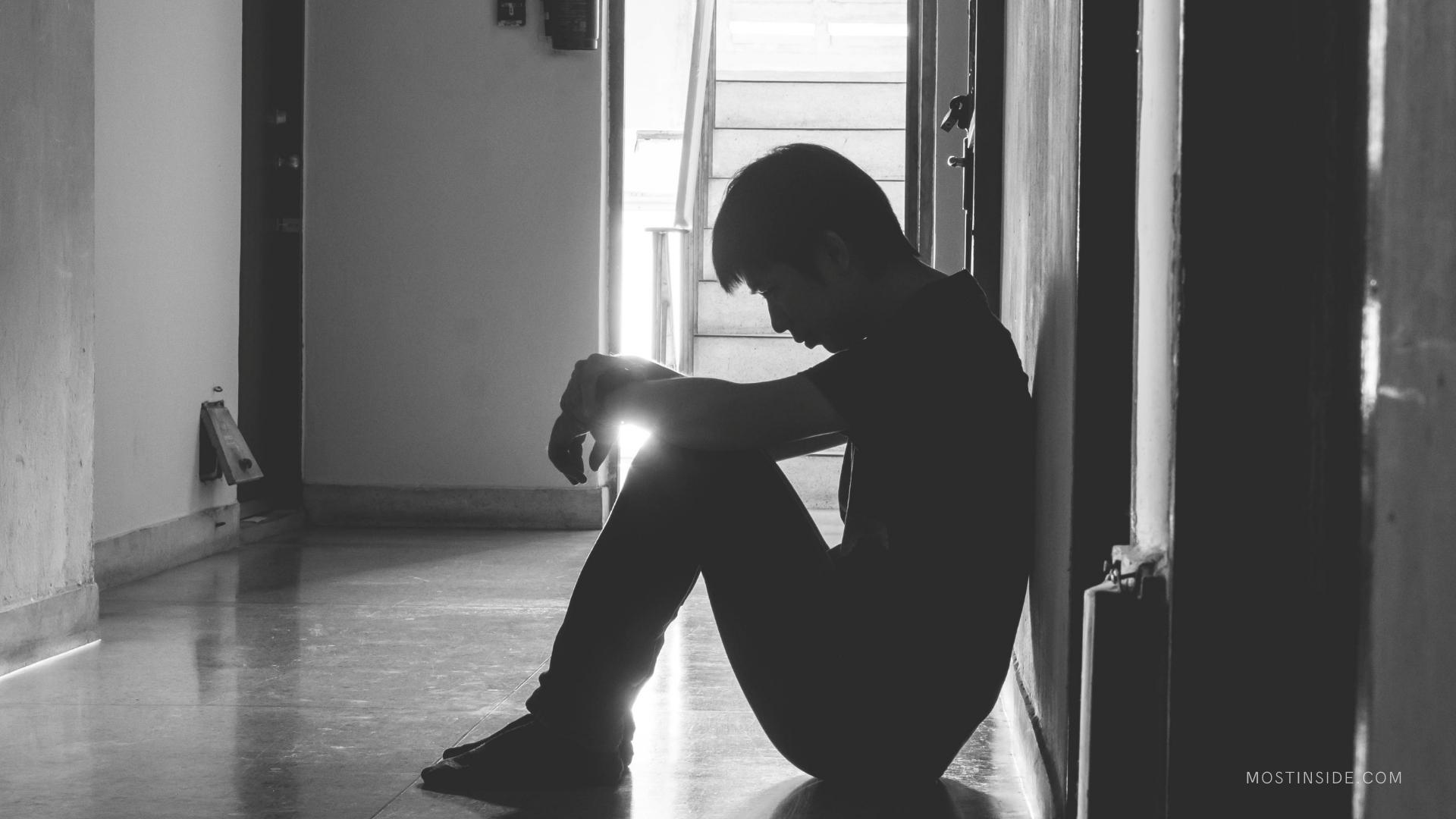9 Signs Your Teenage Child Might Need Counselling
This post was last updated on September 13th, 2022

Teenagers go through various changes as they mature. Usually, some behavioral or psychological concerns they exhibit don’t last long. However, some issues may persist and could indicate that something is wrong. In some cases, many parents might not be able to tell which changes in their teens are normal and which ones aren’t.
If you’ve noticed some issues with your child, it’s best to establish if they’re well. In this article, you’ll learn about some of the signs that could tell you that your teens need professional help. If they’re currently displaying any of the issues provided below, take them for counseling to places like Insight Northwest Counseling In Portland Oregon. Alternatively, look for a well-experienced, office-based or online therapist, psychotherapist, or any other professional mental health specialist.
However, the tricky part, as said earlier, is how to spot the red flags. Your teen might need counseling if they’re displaying the issues below:
Contents
Toggle1. Social Isolation
If your teen avoids social interactions or activities, eats alone, or doesn’t want to leave the house, something might be wrong. This could be so, especially if they’re normally outgoing and the changes they’re displaying don’t seem to be in line with their typical habits.
If the unusual behaviors are persistent, someone may be bullying them. Also, they may be worried about the family’s current issues like domestic violence or financial instability. Besides that, they might also be struggling with anxiety, depression, or trauma.
Social isolation is thought to be one of the risk factors for suicide. Therefore, if you notice that your teen is displaying any signs of this kind of withdrawal, talk to them and try to identify what could be wrong. If they’re hesitant to speak to you about their issue, find a good counselor to help them out. Here you can find the best domestic violence lawyer.
2. Losing Interest In Various Activities
The loss of enthusiasm in certain activities is also a sign to watch out for. Usually, teenagers have hobbies, favorite games, and other personal interests. If your child quits a particular sport or no longer engages in a hobby they previously enjoyed, it may be a sign they need counseling.
In some cases, losing interest in something might be temporary. However, if you notice that this issue has taken longer, it may be time to consider a check-up.
3. Taking Drugs Or Alcohol

Engaging in drug or alcohol abuse is another unusual habit that may indicate your teen needs professional help. It’s thought that some kids at this age may consume such substances as a way of self-medication to alleviate feelings of despair, loneliness, sadness, anxiety, or depression.
Drug and alcohol abuse could lead to more problems. Therefore, it’s essential to help your teen as soon as you notice they’re taking either.
4. Regression
Regression is considered a defense mechanism whereby one deals with anxiety or stress by acting in an age-inappropriate style. In most cases, this might happen if someone experiences a significant life change like divorce. In some kids, this could occur if a new sibling is born, the family moves to a new place, or a loved one passes away.
Some teenagers may display such behavior even though there hasn’t been a significant change in their families. If this happens with your child, they might need help. Some of the actions they might display may include:
- Temper tantrums
- Bedwetting
- Thumb-sucking
- Excessive fearfulness, anxiety, or clinginess
- Being non-verbal
- Using stuffed animals or dolls for comfort
- Using baby talk
- Whining
In younger children, regression is often involuntary and might only last for a while. Usually, this is believed to be a part of their normal development. However, age regression could be voluntary or involuntary in older kids and adults.
If you see your teen having any of the above behavior, they may be battling an issue. Therefore, it’s best to book a counseling session for them.
5. Talking About Suicide Or Harming Others
In most cases, teens might talk or find out about death after a close friend, relative, or pet has passed away. However, it’s vital to listen keenly to what they’re saying or researching on and how often they’re doing the two.
If you notice that they frequently mention the topic, it’s best to intervene as quickly as possible. This could signify that they’re thinking of taking their own lives. In this case, if there’s a suicide prevention hotline in your state, call and ask for help. If there isn’t one, find a counselor to help your child.
Some suicide warning signs may be:
- Obsessing, wishing, talking, or joking about death
- Taking unnecessary risks such as reckless driving
- Giving warnings or threats and writing about self-harm
- Cutting or hitting themselves
- Giving away things they love without an explanation
- Threatening to run away from home
- Gathering medications, weapons, or tools that could cause harm
Besides self-harm, frequently talking or researching about death could also signify that your child might be thinking of hurting someone else. In this case, immediate help is also necessary. some of the signals you should be on the lookout for are:
- Carrying weapons to school or around the neighborhood
- Threatening or warning that they’ll kill someone
- Intimidating other kids
- Preoccupying themselves with murder or violence
Unfortunately, some teens who attempt to take the lives of others or their own are usually successful. Therefore, if you notice any signs of the intention to harm others or suicide, it’s essential to seek professional help immediately.
6. Complaining About Aches And Pains
In some cases, depression, stress, and other mental health issues could cause concerns such as headaches, panic attacks, or stomach pains. If your teen has recently complained about such matters, take them to a hospital. If the cause of their health problems is not medical, they may be struggling with a mental health issue. In this case, a counselor could be helpful.
7. Defiance
A teen might also need help if they’ve suddenly started being openly disobedient or resistant. This can happen both at school and at home. This defiance could result from bullying, abuse, domestic violence, trauma, negative influence, or the death of a close friend or relative. Some of the things your child might do are:
- Questioning or not following the rules
- Complaining over minor issues
- Having a negative attitude about most things
- Lacking motivation
- Procrastinating constantly
- Refusing to learn
- Having frequent emotional outbursts
- Arguing with and disrespecting teachers, parents, and other adults
It might be expected for teenagers to be sometimes defiant, even those who rarely misbehave. However, if the behavior persists, it may be a cry for help. In this case, you also need to check in with their teachers and other adults they often interact with. If they attest to the same, it’s best to seek professional help for them from a neutral party, such as a counselor.
8. Being Too Sensitive
Significant life changes and certain negative situations could temporarily cause a teenager to be angry, sad, anxious, hostile, or irritable. However, if these emotions continue for an extended period, this might indicate your child needs counseling. In most cases, some of the emotions mentioned are believed to be signs of stress. If unresolved, this could lead to depression.
If depression isn’t treated in time, it could increase the risk of health complications such as heart disease, fatigue, and insomnia. Besides that, untreated depression could also cause a child to inflict harm on themselves or commit suicide.
9. Having Issues At School
If your child has started having issues at school, it’s best to be keener. Usually, depression is believed to cause insomnia, lack of energy, and low motivation. For teens, this could make them less able to concentrate in class or participate in required activities. As a result, they might start failing in their subjects and having poor overall grades. Besides that, it could also make them not attend to their assignments or miss classes.
Having trouble at school once or twice may be expected of teens. However, continuous behavior could be a sign of a severe issue. In this case, you have to schedule a counseling session as soon as possible.
Counselors can figure out the root cause of your teenager’s depression. Besides that, they’ll also offer the help your child needs. Also, the professional could advise you on how to improve communication between you and your child. This way, your teen could become more open about their school issues with you. As a result, you could easily identify changes whenever they occur before it’s too late.
Conclusion
Teens experience various physical, mental, and life changes. These could cause them to behave in negative or unusual ways. While some behaviors may be expected, some may indicate that they’re struggling with a severe problem. You’ve learned about some signs that could tell you your teen needs counseling in this piece.
If you notice your child displaying any, seek help from a therapist or any other qualified mental health professional immediately. You might save them from serious problems or health complications caused by depression. Besides that, you could also prevent them from harming themselves, hurting others, or committing suicide.
Recommended For You
The Art of Correct Upbringing
Most Inside
Most Inside offers high-quality recommendations and valuable updates to enhance all aspects of your life, providing premium guidance and enriching experiences.




